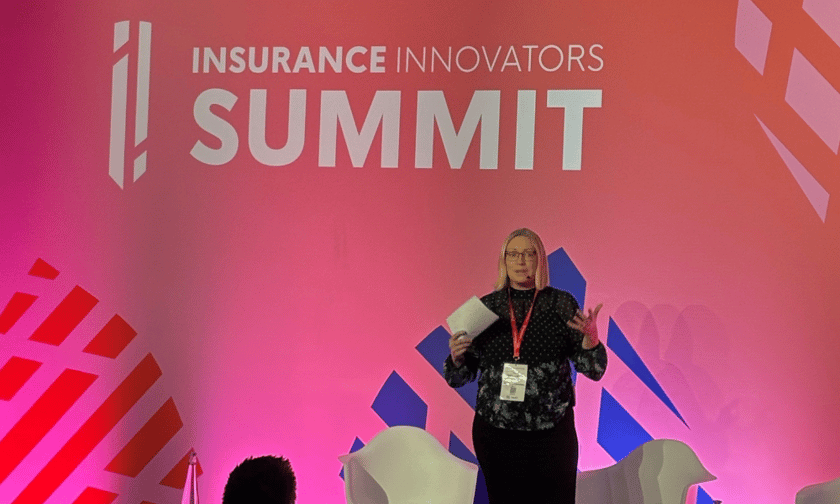

Insurance operations will bear the brunt of the industry’s widening talent gap over the next few years, according to Markel Corporation chief operations officer Carys Lawton-Bryce (pictured).
As many more people retire from the insurance industry than young people join it, the lack of skilled talent will be “more acute” in critical operations functions, she warned. Lawton-Bryce delivered remarks during the second day of the Insurance Innovators Summit in London on Wednesday (November 6).
“Traditionally, insurance operations has been very much an accidental career,” she said. “Young people join support teams in the hope that it gives them an opportunity to progress through to underwriting or claims.”
Unlike roles like CFO or CEO, where a career path is well-defined, Lawton-Bryce pointed out, operations lack a structured progression. “Some people come in, potentially from project areas or other places, but there's no real career path,” she said.
The changing landscape of outsourcing also adds complexity to the talent issue. Vendors are moving beyond traditional business process outsourcing to offer more value-added services in data and analytics. This shift underscores the need for technical expertise in-house, according to the Markel COO.
“If we want to make sure that our operations going forward are more resilient, more effective, then we do need to invest in more technical skill sets,” Lawton-Bryce said. She listed change management, process improvement, and vendor management as examples of skills that need nurturing.
Efforts to uplift technical skills within existing teams, while ensuring operations are attractive to early-career individuals and those from other industries, will be essential to maintaining resilient organizations moving forward. However, the main challenge isn’t just finding the right people; it’s making sure those within the industry see a future worth investing in, Lawton-Bryce stressed.
“Are we selling that to early careers, people joining the industry? Are we selling it to people from other industries, or what the opportunity is in the insurance industry?” she asked.
The talent gap is part of a network of factors that could transform insurance operations over the next several years. Coupled with the unpredictability of technologies, particularly artificial intelligence (AI), the workforce challenge could make long-term planning a bugbear for insurance organizations.
For Lawton-Bryce, the notion of a fixed roadmap for navigating the future of insurance operations is, at best, speculative. “I think if anyone presented you with a roadmap for 2030, I'd probably take it with a little bit of cynicism,” she told the audience of insurance professionals at Wednesday’s summit.
Instead, Lawton-Bryce advocated for introducing incremental change rather than following big, multi-year roadmaps.
“Flexing that 'change muscle' and seeing progress is crucial,” she said. “It helps bring our operations staff along. Insurance ops teams aren’t known for being dynamic, so empowering them to engage in change is transformative.”
Real-time adaptation does more than fine-tune processes, it gradually shifts the culture within operational teams. Concrete examples from real-world practices illustrate the power of this approach, said Lawton-Bryce.
In Markel’s London market operations, for instance, when the team collaborated with an outsourced provider, operations staff retained the autonomy to decide what work would be outsourced and what they would keep in-house.
In Canada, Markel achieved a similar breakthrough using Robotic Process Automation (RPA). By integrating RPA over their primary system, Lawton-Bryce said, the team could automate simpler tasks, freeing up their subject matter experts to identify and work on improvements elsewhere.
The big lesson for insurance companies? Incremental steps generate momentum. “What we've seen is that within quite a short period, the attitude and the dynamic of the team changes,” said Lawton-Bruce.
“Suddenly they're engaged in this process and believe that change is possible in a way that they probably didn't a year or two ago.”
What are your thoughts on the talent gap and its impact on insurance operations? Please share your comments below.
